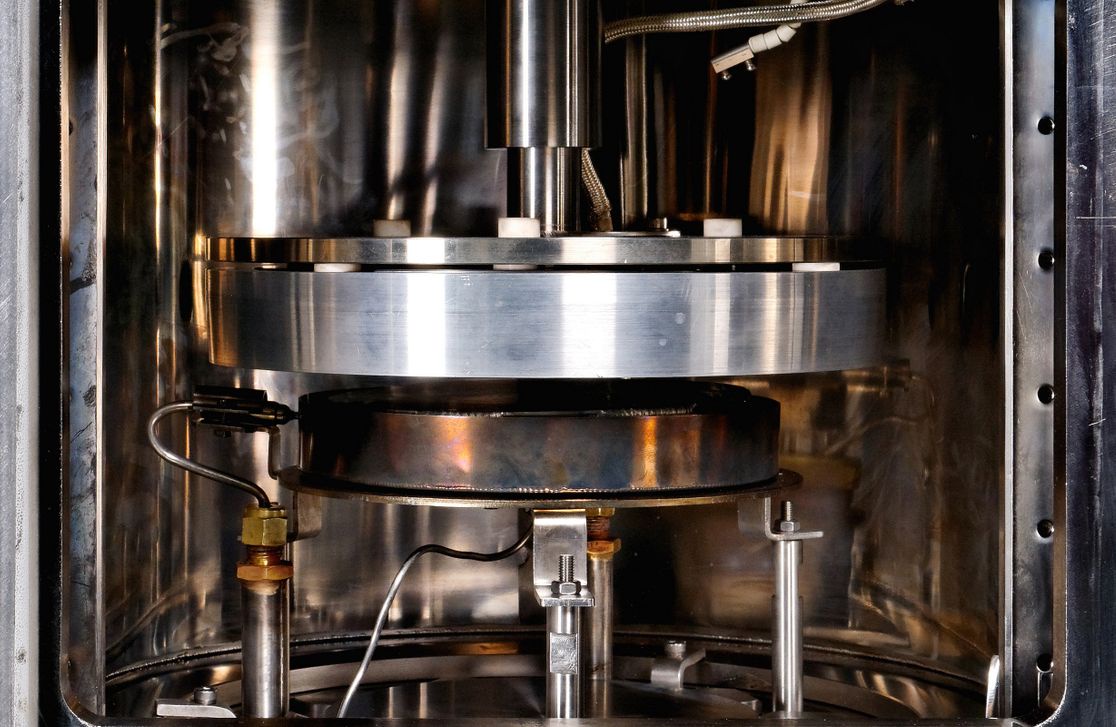Reactive Ion Etching (RIE) systems play a pivotal role in the field of thin-film technology, offering precise material removal and surface modification capabilities. As these systems become integral to various industries, ensuring safety protocols and adhering to best practices during their operation is paramount. This article explores the key aspects of safety and efficiency in utilizing Reactive Ion Etching Systems, with a focus on insights derived from HHV, a leading thin-film equipment provider.
Understanding Reactive Ion Etching Systems:
Reactive Ion Etching Systems are essential tools for the fabrication of microelectronics, MEMS devices, and other nanoscale applications. These systems utilize plasma to selectively etch materials, allowing for intricate patterning and precise material removal. As the demand for advanced thin-film technology grows, it becomes imperative to implement stringent safety measures and operational best practices.
Safety Protocols:
- Chemical Handling and Ventilation:
- Proper handling and storage of reactive gases and chemicals are critical. HHV emphasizes the importance of well-ventilated areas equipped with gas detection systems to mitigate potential hazards associated with the use of reactive gases.
- Emergency Shutdown Procedures:
- Establishing clear and accessible emergency shutdown procedures is vital. Operators should be trained to respond swiftly to any unforeseen circumstances, ensuring a rapid and safe shutdown of the RIE system.
- Personal Protective Equipment (PPE):
- Wearing appropriate PPE, including safety goggles, gloves and protective clothing, is non-negotiable. HHV recommends following a strict PPE policy to minimize the risk of exposure to hazardous materials.
Best Practices:
- Regular System Maintenance:
- HHV's thin-film equipment emphasizes routine maintenance schedules. Regular inspections, cleaning and calibration of the RIE system components ensure optimal performance and longevity.
- Training and Skill Development:
- Adequate training for operators is indispensable. HHV's website provides valuable resources on process technology, aiding operators in acquiring the necessary skills for safe and efficient system operation.
- Integration with Atomic Layer Deposition (ALD):
- Combining RIE systems with ALD processes enhances the overall functionality and precision. HHV's comprehensive approach to thin-film technology integrates these techniques seamlessly, providing users with a versatile and efficient solution.
Operating Reactive Ion Etching Systems demands a meticulous approach to safety and best practices. By incorporating the recommendations outlined by leaders in thin-film equipment, such as HHV, operators can optimize system performance while prioritizing the well-being of personnel and the integrity of the work environment. As the thin-film technology landscape continues to evolve, a commitment to safety and adherence to best practices remain integral to achieving success in RIE system operation.
For more information, visit the website https://hhv.in/
Contact Us
Site No. 17, Phase 1, Peenya Industrial Area, Bengaluru – 560058, India
Phone: +91-80-41931000
Fax: +91-80-28394874
Email: info@hhv.inReactive Ion Etching Systems


No comments yet